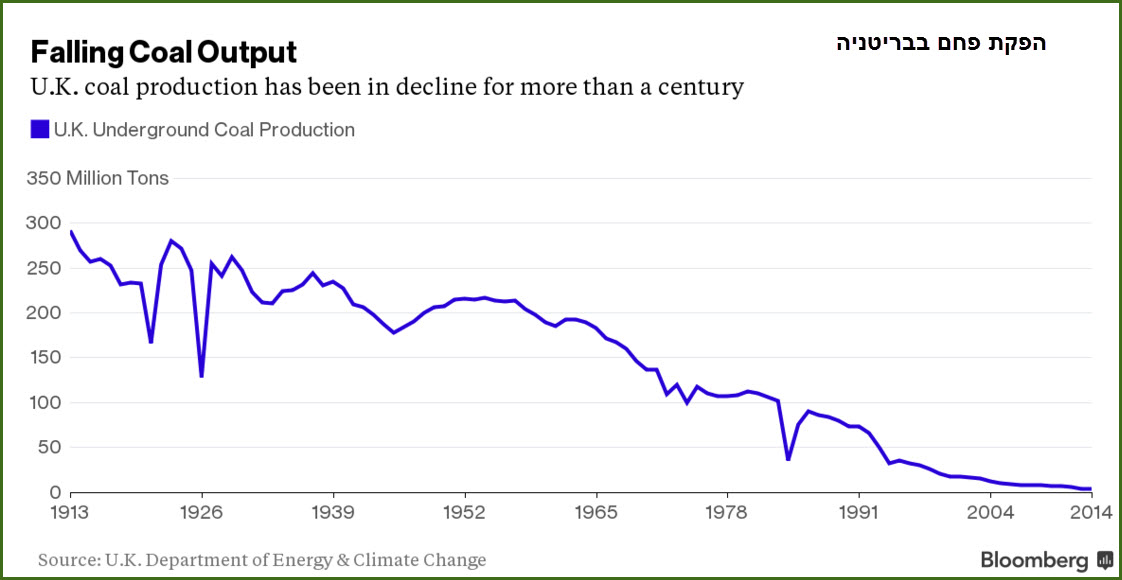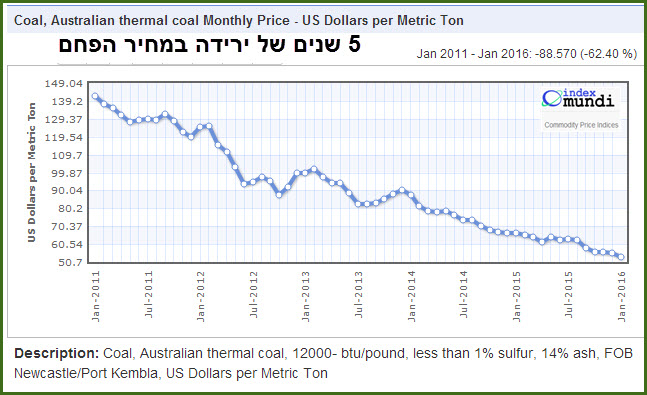
Over the last few months a stream of articles have crossed my screen, all proclaiming the need of governments and banks to eliminate cash. I’m sure you’ve noticed them too.
It is terrorists and other assorted madmen, we are told, who use cash. And so, to protect us from being blown up and dismembered on our very own street corners, governments will have to ban it.
It would actually take some effort to imagine a more obvious, naked attempt at fearmongering. Cash – in daily use for centuries if not millennia – is now, suddenly, the agent of spring-loaded, instant death? And we’re supposed to just accept that line?
But there are good reasons why the insiders are promoting these stories now. The first of them, perhaps, is simply that they can: After 9/11, a massive wave of compliance surged through the West. It may not last forever, but it’s still rolling, and if the entertainment corporations can pump enough fear into minds that want to believe, they may just get them to buy it.
The second reason, however, is the real driver:
Negative Interest Rates
The urgency of their move to ban one of the longest-lasting pillars of daily life means that the backroom elites think it will be necessary soon. It would appear that the central banks, the IMF, the World Bank, the BIS, and all their backers, see the elimination of cash as a central survival strategy.
The reason is simple: cash would allow people to escape from the one thing that could save their larcenous currency system: negative interest rates.
To make this clear, I like to paraphrase a famous (and good) quote from Alan Greenspan, back from 1966, during his Ayn Randian days: The financial policy of the welfare state requires that there be no way for the owners of wealth to protect themselves.
That was a true statement, and with a slight modification, it succinctly explains the new war on cash:
The preservation of an insolvent currency system requires that the owners of currency have no way to protect it.
Cash is currency that you hold in your own hands, that stands more or less alone. It is primarilyexternal to bank control. Electronic money – bank balances, credit, etc. – remains inside the banking system and fully subject to bank control.
A combination of no cash and negative interest rates would be a quiet, permanent version of what was done in Cyprus, where the government simply shut down everything, allowed only the smallest deductions via ATMs, and then stole money from thousands of bank accounts at once.
The Cypriot spectacle was fairly large, however, and that tends to undermine the legitimacy of rulership. So, it is much better to have no ATMs and no cash at all. There would be no lines of angry people talking to each other, only isolated losers with no recourse, licking their wounds while the talking heads on television tell them to stay calm and watch the flashing images.
Negative interest rates would give the banks 100% control over your purchases. They could, even in the worst pinch, allow you to purchase food while freezing the rest of your money. The average person would have no recourse and would simply be robbed… but very smoothly and with no human face to blame on.
Negative interest rates mean that your bank account shrinks day by day, automatically. Your $1000 in January becomes $950 by December. And where does that money go? To the banks, of course, and to the government. They syphon your money away, drip by drip, and there’s nothing you can do about it. This accomplishes several things for them at once:
- It finances government, limitlessly and automatically. Forget tax filings; they can just take as they please.
- It pays off the bad debt of the big banks. (And there are oceans of debt.)
- It forces you to spend everything you’ve got, as soon as you get it. (Otherwise it will shrink.)
- It gives the system full control over your financial life. Everything is monitored, everything is tracked, and every single transaction must be approved by them (or not). If they decide they don’t like you, you’re instantly reduced to begging.
In short, this is a direct return to serfdom.
I suggest that you start talking to your friends and neighbors about this now, before it’s too late. Don’t let them comply without a fight.
Paul Rosenberg
www.freemansperspective.com
From Free-Man’s Perspective, here.


